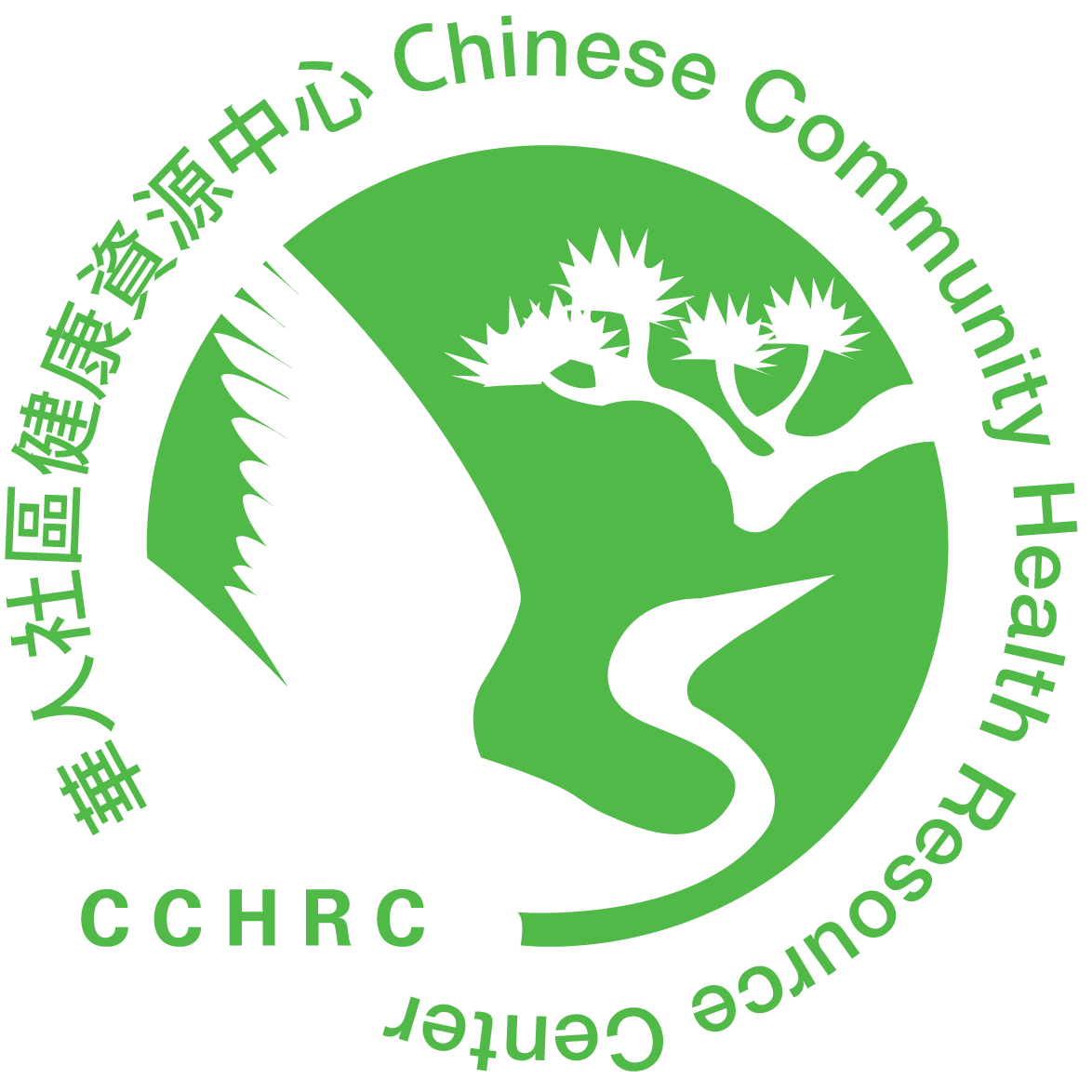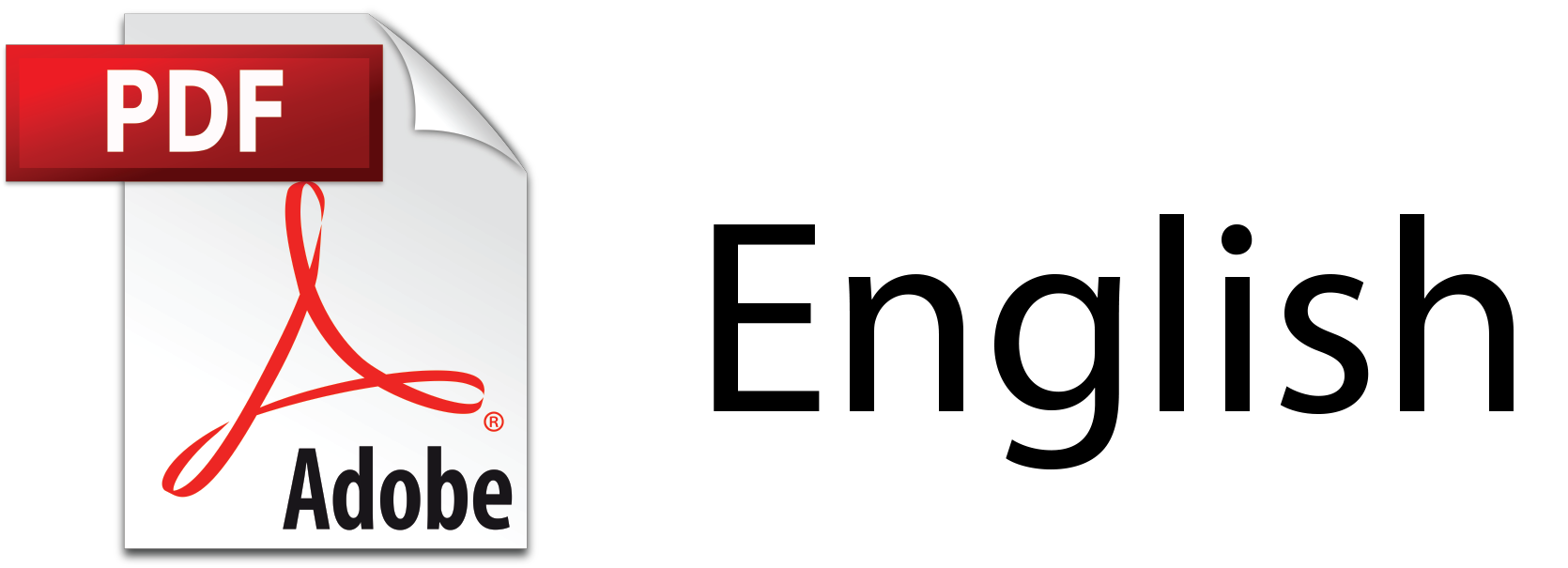Tension headaches are mild to moderate pains and discomfort in one’s head, scalp, or neck. These pains are often described as a constant tightness or pressure. They can be a “chronic” condition (occurring more than 15 times a month) or an “episodic” condition (occurring less than 15 times a month). These headaches, also known as stress headaches, are the most common type of headache among adults and adolescents. Tension headaches can last for minutes, hours or days.
Causes
The exact cause of tension headaches is unknown. But triggers are typically related to stress, which causes head and neck muscles to become tense. Common triggers include:
- Tension, stress, and anxiety
- Depression or emotional stress
- Inadequate sleep
- Eye strain
- Sleeping with neck in an abnormal position
- Repeated activities that cause muscle strain (e.g. computer work or typing)
- Alcohol use
- Excessive smoking
- Caffeine (too much or withdrawal)
Diagnosis
You should consult your doctor if you have a headache that is chronic, disturbs your sleep and daily living. Your doctor may perform physical and neurological exams, order imaging tests such as CT scans or MRI to rule out other possible disorders.
Treatment
Treatment of tension headaches focuses on recognizing sources of stress and triggers in order to prevent future headaches. The following are a combination of lifestyle changes, home remedies, and relaxation/stress-relief techniques:
- Get more rest
- Change your sleeping position
- Reduce your workload or extracurricular activities
- Practice good posture
- Stretch periodically
- Take hot baths or showers
- Place warm towels on the forehead or ice packs to aching muscles
- Get a massage
- Relax to music
- Learn to control breathing, either by breathing deeply, or breathing rhythmically (slowly taking a deep breath every five seconds, and then exhaling slowly)
- Limit caffeine and alcohol
- Quit smoking
Over-the-counter or prescription pain medications are available to reduce the pain of a headache, but they do not cure the condition. Keep in mind that these medications may be addictive, may cause side effects, or lose their effectiveness. Overuse of pain relievers can also lead to “rebound headaches”- headaches that keep coming back. Preventive medications such as muscle relaxants, anti-seizure drugs anti-anxiety drugs and antidepressants may also be prescribed.
When to see Your Doctor
- You experience a change in your headache pain or pattern
- You no longer find the treatments to be helpful
- You experience side effects from the medications (irregular heartbeat, drowsiness, nausea, stomach pain, change in appetite, etc.)
When to Call 911 or Go to the Emergency Room
- You describe your headache as “the worst headache of your life”
- You suffer speech, vision, hearing, or balance problems
- You develop a headache after a head injury
- Your headache comes on suddenly
- You vomit or develop a high fever as a result of the headache
For more information about tension headaches:
U.S. National Library of Medicine
http://www.nlm.nih.gov/medlineplus/ency/article/000797.htm
Copyright © 2015-2020 Chinese Community Health Resource Center
If you would like a copy of this health article, please click on the PDF button in the language you prefer. To view the PDF document, you’ll need Adobe Acrobat, which you can download here.
Bilingual:




